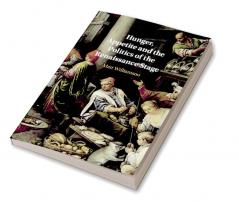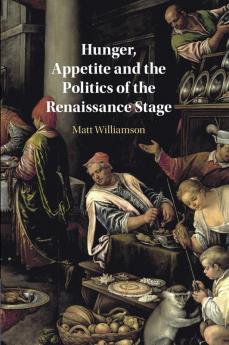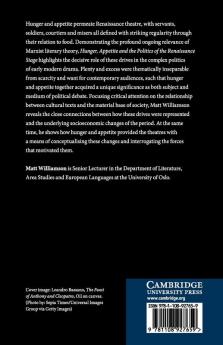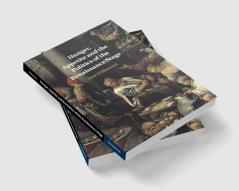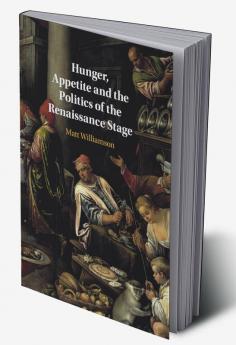English
Paperback
₹2725
(All inclusive*)
Delivery Options
Please enter pincode to check delivery time.
*COD & Shipping Charges may apply on certain items.
Review final details at checkout.
Looking to place a bulk order? SUBMIT DETAILS
About The Book
Description
Author
Hunger and appetite permeate Renaissance theatre with servants soldiers courtiers and misers all defined with striking regularity through their relation to food. Demonstrating the profound ongoing relevance of Marxist literary theory Hunger Appetite and the Politics of the Renaissance Stage highlights the decisive role of these drives in the complex politics of early modern drama. Plenty and excess were thematically inseparable from scarcity and want for contemporary audiences such that hunger and appetite together acquired a unique significance as both subject and medium of political debate. Focusing critical attention on the relationship between cultural texts and the material base of society Matthew Williamson reveals the close connections between how these drives were represented and the underlying socioeconomic changes of the period. At the same time he shows how hunger and appetite provided the theatres with a means of conceptualising these changes and interrogating the forces that motivated them.
Delivery Options
Please enter pincode to check delivery time.
*COD & Shipping Charges may apply on certain items.
Review final details at checkout.
Details
ISBN 13
9781108927659
Publication Date
-22-06-2023
Pages
-244
Weight
-336 grams
Dimensions
-152.4x228.6x13.14 mm


